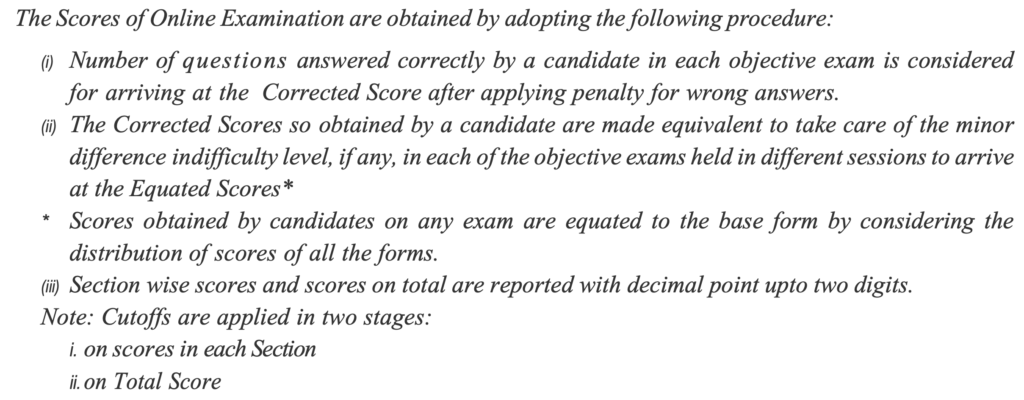National Bank for Financial and Industrial Development (NABFID) is going to conduct to conduct online written examination on 37 posts of officers (analyst grade) in August 2024. Applicants who have applied for the given post can check its syllabus, pattern and scheme to prepare for online CBT.
The last date to apply online will be 30th of July and as per notification can can be conducted in the month of August (tentative). Check NABFID officer analyst syllabus 2024 and exam pattern.
NABFID Analyst Grade Officer Exam Pattern
- Exam Name: NABFID Officer (Analyst Grade)
- Exam Date: August (Tentative)
- Type of Exam: Multiple Choice Questions (Objective type)
- Selection Process: Online Exam and Personal Interview.
- Exam Conducted By: National Bank for Financial and Industrial Development (NaBFID)
- Total Number of Posts: 37 vacancies
- Official Website: https://nabfid.org/
- Advertisement No: NaBFID/REC/ANA/2024-25/01
| Section | Subject | Question |
| Section-A | ||
| Reasoning and Quantitative Aptitude | 15 | 15 |
| English Language | 10 | 10 |
| Data Analysis and Interpretation | 15 | 15 |
| Total | 40 | 40 |
| Section-B | ||
| Professional Knowledge | 40 | 60 |
| Total (Section A+B) | 80 | 100 |
- Each section has a time duration of 30 mins.
- Each question carry one mark for right answer.
- However, 0.25 marks will be deducted in case of wrong answer.
- There will be 5 options in each question, candidate have to select online one.
- Question paper will be provided in both Hindi and English language.

NABFID Analyst Officer Syllabus 2024
- Reasoning and Quantitative Aptitude: Directions and Distance, Order and Ranking, Sitting Arrangement, Clock, Calendar, Dice, Syllogism, Blood Relations, Statements and Conclusions, problem solving, decision making, arithmetical reasoning, figural classification, arithmetic number series, non-verbal series, etc.
- English: Vocabulary, spelling, grammar, sentence structure, synonyms, antonyms, sentence completion, phrases and idiomatic use of words etc.
- Data Analysis and Interpretation: Data information analysis, data result analysis, pie chart, graphs, data interpretations, data collections, etc.
- Professional knowledge: Knowledge related to banking and finance (Section-B).